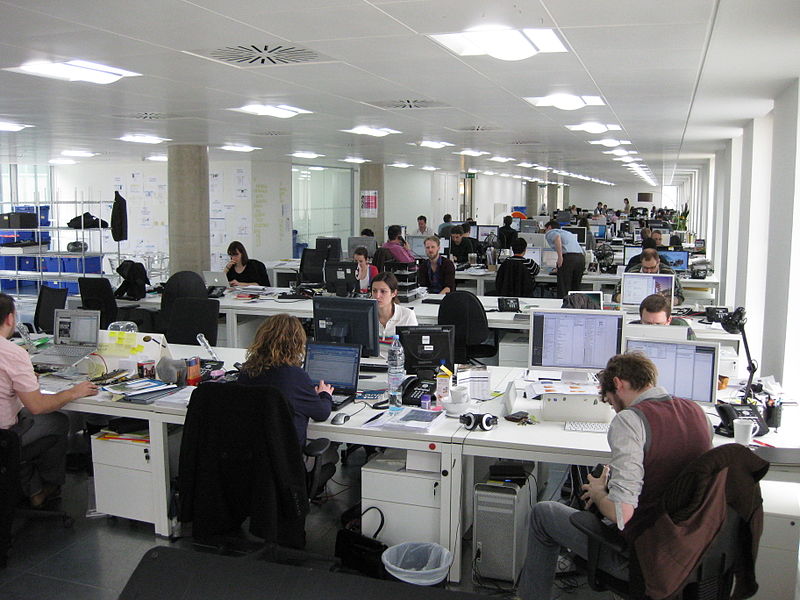
Workers across the UK will experience a 10% pay increase starting Tuesday because their employers have opted to participate in the voluntary Real Living Wage scheme.
The increase, taking the wage from £10.90 to £12 per hour outside London, is being hailed as a "lifeline" for low-wage earners, according to the Living Wage Foundation.
Employers have the option to pay the Real Living Wage, which is a rate exceeding the government-set minimum wage.
One worker set to benefit from this is Jo Mcmahon, who works as a textile worker in Stockport. She is employed by One & All, a school uniform manufacturer that pays its employees at the higher "Real Living Wage" rate. For Jo, this increase has made a significant difference, as she can now save for emergencies and even afford a holiday.
The Real Living Wage scheme, initiated by the Living Wage Foundation charity, commits employers to pay their staff at a rate deemed necessary to cover everyday expenses. After this raise, it is £1.58 more than the government-set minimum wage, known as the National Living Wage, which stands at £10.42 per hour for individuals over 23 years old.
In London, workers whose employers have joined the scheme will see their wages increase from £11.95 to £13.15.
Workers earning the new Real Living Wage on a full-time basis will make £3,081 more per year compared to those on the government minimum wage. In London, this figure is an additional £5,323.
Over 14,000 employers have signed up for this scheme, benefitting more than 460,000 workers, according to the foundation.
Although it costs employers more, businesses such as Thomas Kneale, a textile manufacturer in Manchester, have seen significant reductions in staff turnover and absenteeism since joining the scheme. According to Brett Mendell, the company's director, the benefits are well worth the investment.
Some well-known companies like Everton FC, Ikea, and Lush are living wage employers, and approximately half of the companies in the FTSE 100 share index have also joined the scheme.
More than 100 firms, including Aviva, abrdn, and West Bromwich Building Society, have signed up to the foundation's Living Hours commitment, ensuring that workers receive a guaranteed minimum of 16 hours of work per week and get one month's notice of shift patterns, along with contracts that accurately reflect their working hours.
Charles Cotton, from the CIPD (the professional body for HR and people development), noted that while paying employees more can lead to a return on investment, this return takes time. He suggested that an alternative strategy is to enhance productivity through investments in technology, products, marketing, skills, and management, then use the generated profit to increase wages.
Jane Gratton at the British Chambers of Commerce stated that the Real Living Wage would help with staff recruitment and retention. However, with business conditions being "among the hardest in generations," some companies are not currently in a position to offer above-inflation pay raises.
The Living Wage Foundation has reported that an increasing number of employers are participating in the scheme, but it also emphasized that there are still 3.5 million individuals facing the brunt of the cost-of-living crisis.
The hike in the Real Living Wage rate reflects persistent high costs, according to the foundation's director, Katherine Chapman, despite recent reductions in the headline inflation rate. She pointed out that low-wage workers continue to struggle due to elevated prices, particularly for food and energy, which constitute a significant portion of their budget.
Research by the foundation shows that half of the UK's low-paid workers are worse off than they were a year ago, with many relying on foodbanks and falling behind on household bills. Photo by Phil Whitehouse, Wikimedia commons.


































